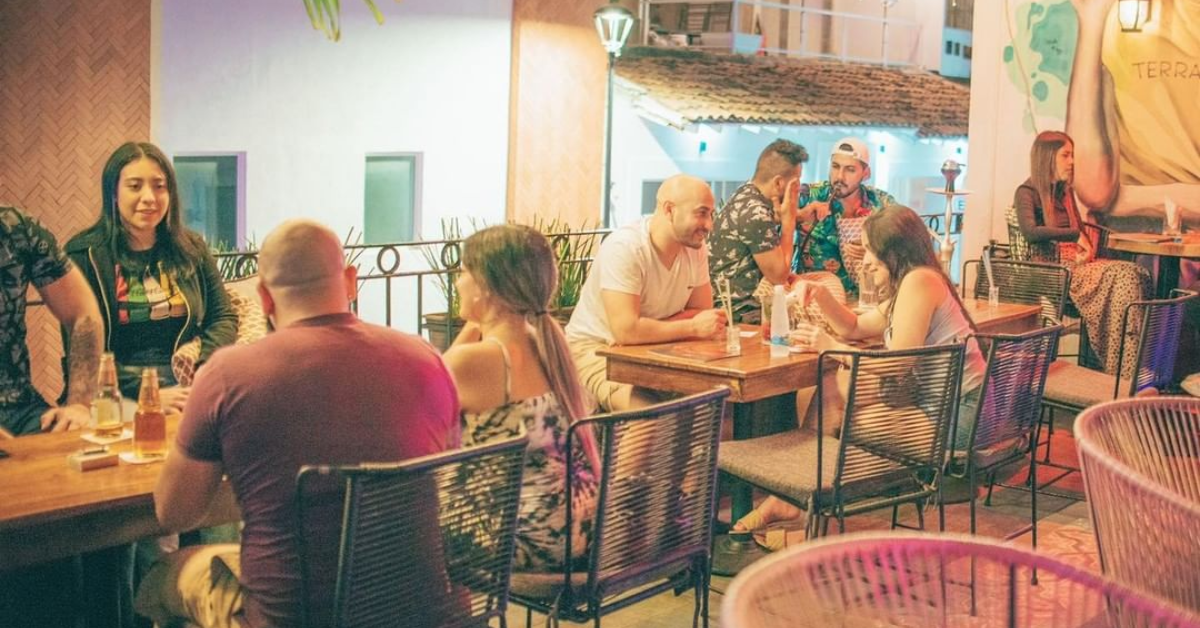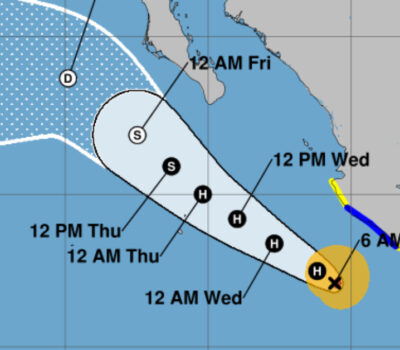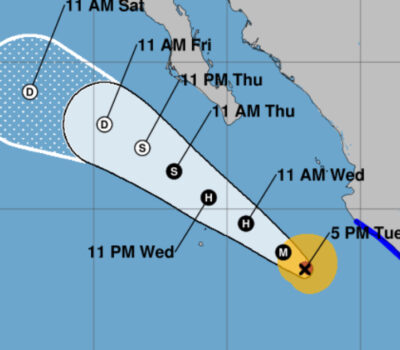Residents of Roma and Condesa will gather at Parque México on July 5 to protest gentrification, rising rents, and Airbnb’s effect on local housing.
This Saturday, July 5, Mexico City will witness its first organized citizen protest against gentrification—a peaceful but urgent gathering taking place at 3:30 p.m. at the Lindbergh Forum in Parque México, in the heart of the Condesa neighborhood. The event brings together residents, artists, and activists from some of the city’s most affected neighborhoods, including Roma and Condesa, to denounce rising rents, housing displacement, and the dominance of short-term rental platforms like Airbnb.
The protest marks a turning point in public discourse around Mexico City’s rapidly changing urban landscape. Rather than a traditional march, this mobilization will take the form of a community event—blending protest with collective expression through art, storytelling, and grassroots action.
Rising Costs, Shrinking Communities
The motivations behind the protest are deeply rooted in the day-to-day struggles of residents who have witnessed their neighborhoods become unaffordable and increasingly alien. In Condesa, monthly rent prices now average more than 27,000 pesos—well beyond the reach of most local families. Organizers cite an explosion of short-term rentals as a driving force behind these changes, with estimates suggesting “perhaps one Airbnb for every ten homes” in Roma.
Real estate investment, already booming since the pandemic, has further intensified the problem. The influx of foreign digital nomads, tourists, and investors has accelerated displacement, pushing out long-term residents and replacing small local businesses with high-end cafes and English-language signage.
The protest also warns of future risks, including the monopolization of space during massive events like the 2026 FIFA World Cup, which activists fear could further erode community access to public and private spaces.
A Day of Collective Action
Rather than marching through the streets, the protest aims to build community power through participatory activities scheduled throughout the afternoon:
- 3:30–4:00 p.m.: An “anti-gentrification clothesline” will display banners, photos, and protest art expressing opposition to urban dispossession.
- 4:00–6:00 p.m.: An open mic session will allow attendees to share personal stories of displacement and resistance, while the feminist street art collective Pasteupmorras hosts a sticker-making workshop.
- 6:00–7:00 p.m.: Participants will paste stickers and posters throughout Parque México as a visual protest against gentrification.
The event has been widely shared on social media by accounts such as @cheems.is.all.you.need, featuring messages like “Gentrification is not progress, it’s dispossession.”
What Is Gentrification?
While often framed as the revitalization of aging urban neighborhoods, gentrification is a double-edged sword. According to Luis Alberto Salinas Arreortua, a geographer at the UNAM Institute of Geography, it’s a process of social reconfiguration. Wealthier residents move into historically working-class neighborhoods, causing property values and rents to rise—eventually forcing longtime residents out.
This transformation brings more than just aesthetic changes. It often results in the disappearance of culturally significant spaces like fondas (traditional eateries), mercados, and community meeting points, replacing them with boutique shops and upscale restaurants. Over time, the very fabric of neighborhood identity begins to unravel.
Airbnb and the Business of Housing
One of the protest’s main targets is Airbnb and the proliferation of short-term rentals. While the platform has been celebrated for boosting tourism and offering homeowners extra income, it’s also been widely criticized for commercializing residential space. Entire apartment buildings are now operated as de facto hotels, removing them from the long-term rental market and driving up costs for locals.
“What was once a place to live has become a business model,” say protest organizers. “And what was once a neighborhood is now a brand.”
Several cities around the world have already enacted strict regulations on short-term rentals in an effort to curb their impact on housing markets. Protesters in Mexico City hope to push local officials in a similar direction—toward policies that prioritize residents over profits.
A Broader Movement Begins
Saturday’s gathering is more than just a protest—it’s an attempt to ignite a citywide movement in defense of affordable housing, urban diversity, and community identity. Organizers see this as the first step in a long-term fight for the right to the city—a concept that prioritizes equitable access to housing, public space, and a dignified urban life for all.
Whether or not this single protest will lead to policy change remains to be seen, but it is already doing what protests do best: making the invisible visible, giving voice to those affected, and reminding the city that progress should never come at the cost of its people.
Where: Lindbergh Forum, Parque México, Condesa
When: Saturday, July 5, from 3:30 p.m. to 7:00 p.m.
What to Expect: Art, open mic, street posters, and a shared commitment to reclaim neighborhood life from the forces of gentrification.
Residents of Roma and Condesa will gather at Parque México on July 5 to protest gentrification, rising rents, and Airbnb’s . . .












